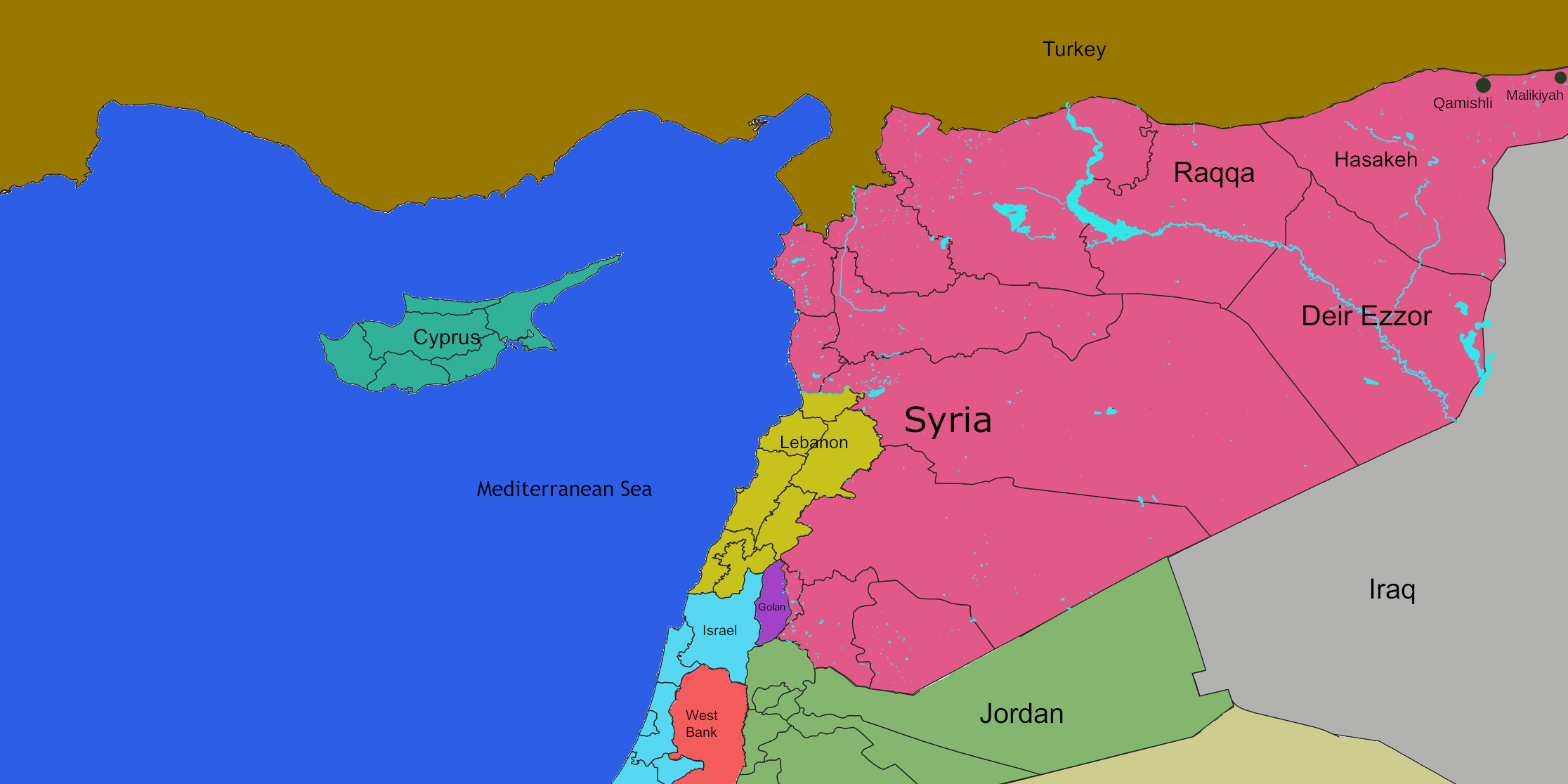In cities and towns across Kurdish-controlled northeast Syria, thousands took to the streets in favor of the idea of retaining a decentralized system of governance in Syria, rejecting the calls of the Islamist Hayat Tahrir al-Sham (HTS) for full centralized control of the nation.
The largest rallies were reported in Qamishli, though another meaningful rally was reported in al-Malikiyah. Smaller rallies were held elsewhere, but the message was the same: that Syria could not be democratic without resolving the “Kurd question,” and that it should mean a decentralized system.
During the civil war, the northeastern regional was ruled by the Autonomous Administration of North East Syria (AANES), a heavily Kurdish group backed by the SDF militia. In February, a deal in principle was reached to integrate the SDF into the government and to bring the AANES-held region, called Rojava, under central government control. The exact details of how that would happen were never worked out though.

The HTS had promised inclusivity in the central government, but that hasn’t materialized. In March, they unveiled a new cabinet without a single Kurd representative, and in August they announced that much of Rojava would have their elections postponed, denying them representation in parliament.
Those moves, combined with the massacres of religious minorities elsewhere in Syria by the central government, have led many to conclude that giving them full control over the country is neither wise nor practical. Given these massacres, the Kurds are far from the only group in Syria that is keen to retain some regional autonomy, though since they had effective autonomy for years during the civil war, they are the most vocal.
The HTS has loudly opposed any decentralization, treating it as de facto secessionism. The US has similarly opposed the idea of the Kurds or anyone else retaining any level of autonomy, insisting that “federalism doesn’t work.” The AANES issued a statement over the weekend maintaining that decentralization would not mean secession, and criticizing HTS leader Ahmed al-Sharaa for claiming letting the Kurds have autonomy would threaten Iraq and Turkey.
There has been talk of the HTS planning a full scale invasion of Rojava to claim control over it, and Turkey has been very supportive of the idea of moving against the Kurds, suggesting they would likely participate.


